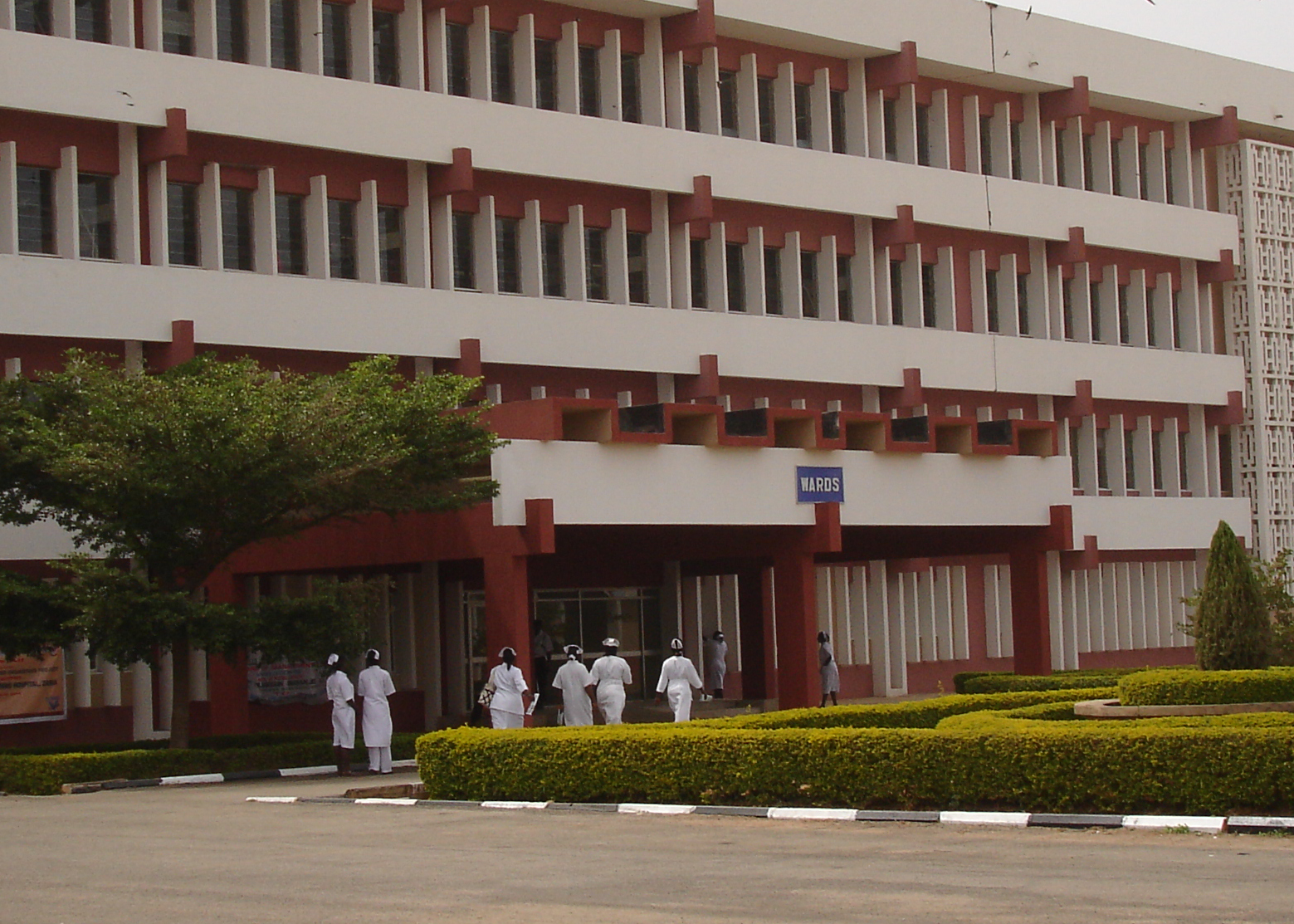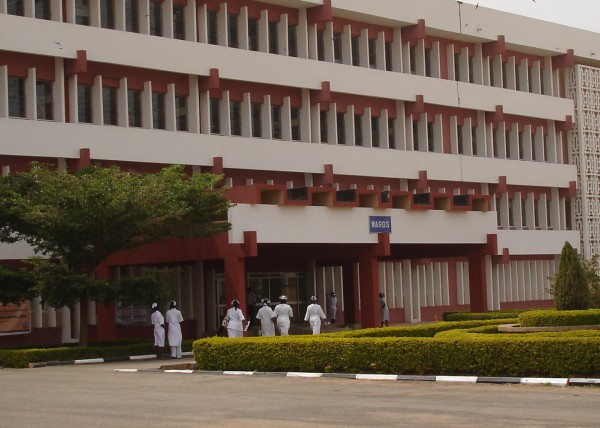Health
Turnkey Hospitals in Africa – Promising Avenues to Developing First Class Healthcare

The government of Nigeria is committed to making better healthcare available, but there are still problems hindering the accessibility of services. The US Embassy recently updated its report on health care in Nigeria, and the research showed that while some medical facilities have high standards, there are still many facilities that lack necessary equipment and trained personnel. Among the findings, released by the US Embassy in January, are:
- Inadequate blood supply
- Ineffective disaster and emergency response capabilities
- Lack of medical equipment

The Exodus of Healthcare Professionals
It seems clear that systematic government funding and revitalisation will not be enough to make Nigeria’s hospital system functional. In addition to lack of funds, Africa has suffered an exodus of health care workers and doctors. Many more health care workers are needed in Africa to fight HIV, AIDS, malaria, and TB. The lack of personnel is not due to poorly trained local workers, but rather because there has been a migration of Nigeria’s healthcare workers to other nations. The exodus of Nigerian medical health professionals has many underlying reasons. Author Gabriel Toma offers some suggestions as to why so many medical professionals and health workers leave Nigeria:
- Western medical training offers areas of specialisation that make returning to Nigeria difficult for some doctors.
- Lack of updated facilities and medical equipment makes practicing medicine properly difficult.
- Some well-trained medical professionals simply want better living conditions and more money in countries with already developed healthcare systems.
- Some other countries offer opportunities for professionals trained in those countries, higher salaries, and the potential for Nigeria’s health care workers to help their families.
Turnkey Hospitals: A Solution
What can be done to facilitate adequate and sufficient healthcare in Nigeria, and keep our trained medical personnel home? Turnkey hospitals are a promising option for first class healthcare. Bringing home trained expatriate personnel to work in a new modern system not only brings quality healthcare to Nigerians, but offers a bright future for medical health professionals.
In fact, medical facilities are being built that can entice existing trained personnel to work in Nigeria. These facilities offer modern medical equipment and facilities. We can build on the leadership of the current generation of trained professionals who will provide leadership for those who are coming along behind them. This new medical leadership can build a foundation of promise for all those wanting to serve their own people with their education and skills. At the forefront of this important effort is Olatunji Olowolafe (also known as Dr. Tunji Olowolafe), CEO of Deux Projects International. Dr. Olowolafe’s passion for medicine led him to develop an organisation to aid the construction of hospitals and research facilities in Nigeria. Medical and laboratory equipment, diagnostic equipment and research equipment are being brought into Nigeria in updated, ready-to-use facilities that give medical personnel career opportunities and get medical care to those not yet being served.
There is still much to do to improve healthcare in Nigeria but turnkey hospitals and research facilities as part of joint venture community development programmes for oil companies and international non-profit agencies are undoubtedly the promising future of its healthcare.
Written by: Josephs interest in healthcare and infrastructure development began in college and developed through a period of volunteering in both Africa and South America. Now a professional writer, Joseph closely follows the work of Olatunji Olowolafe CEO of Deux Projects focusing on the long term gains in economic development that comes with improved healthcare standards and the infrastructure developments needed.
-

 Tech11 years ago
Tech11 years agoCreating An e-Commerce Website
-

 Tech11 years ago
Tech11 years agoDesign Template Guidelines For Mobile Apps
-

 Business6 years ago
Business6 years agoWhat Is AdsSupply? A Comprehensive Review
-

 Business10 years ago
Business10 years agoThe Key Types Of Brochure Printing Services
-

 Tech8 years ago
Tech8 years agoWhen To Send Your Bulk Messages?
-

 Tech5 years ago
Tech5 years ago5 Link Building Strategies You Can Apply For Local SEO
-

 Law5 years ago
Law5 years agoHow Can A Divorce Lawyer Help You Get Through Divorce?
-

 Home Improvement6 years ago
Home Improvement6 years agoHоw tо Kеер Antѕ Out оf Yоur Kitсhеn































